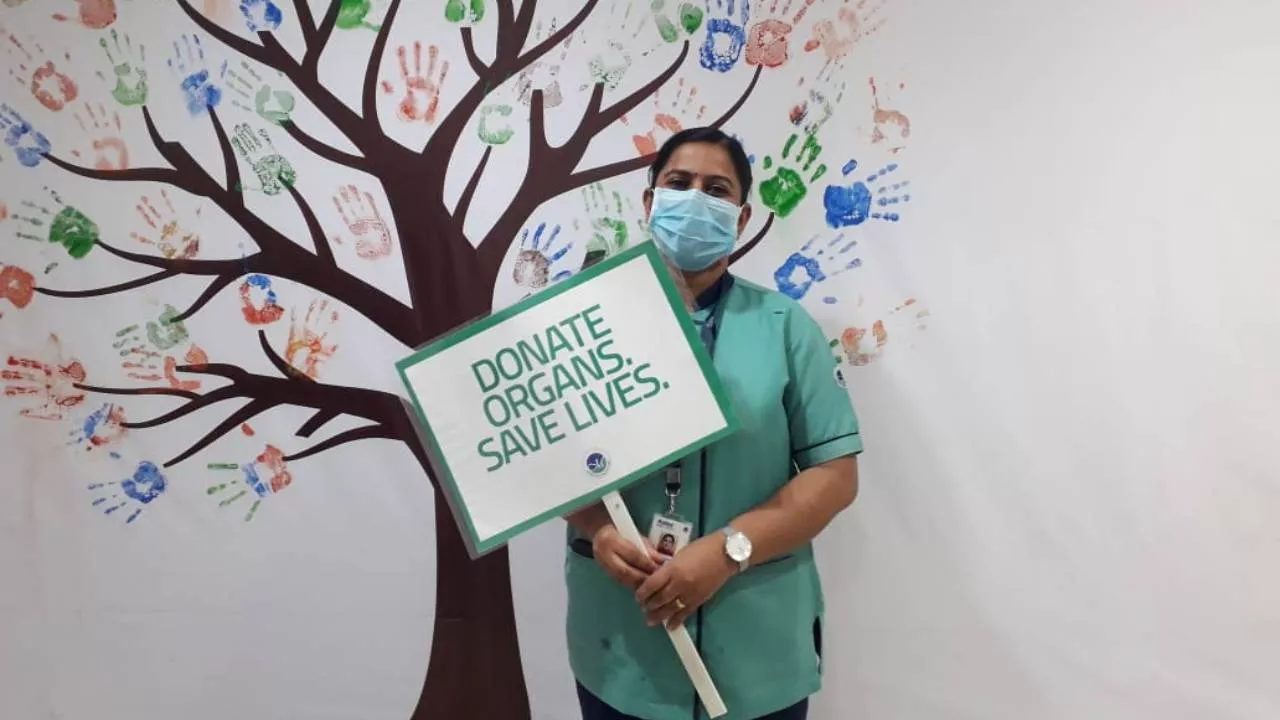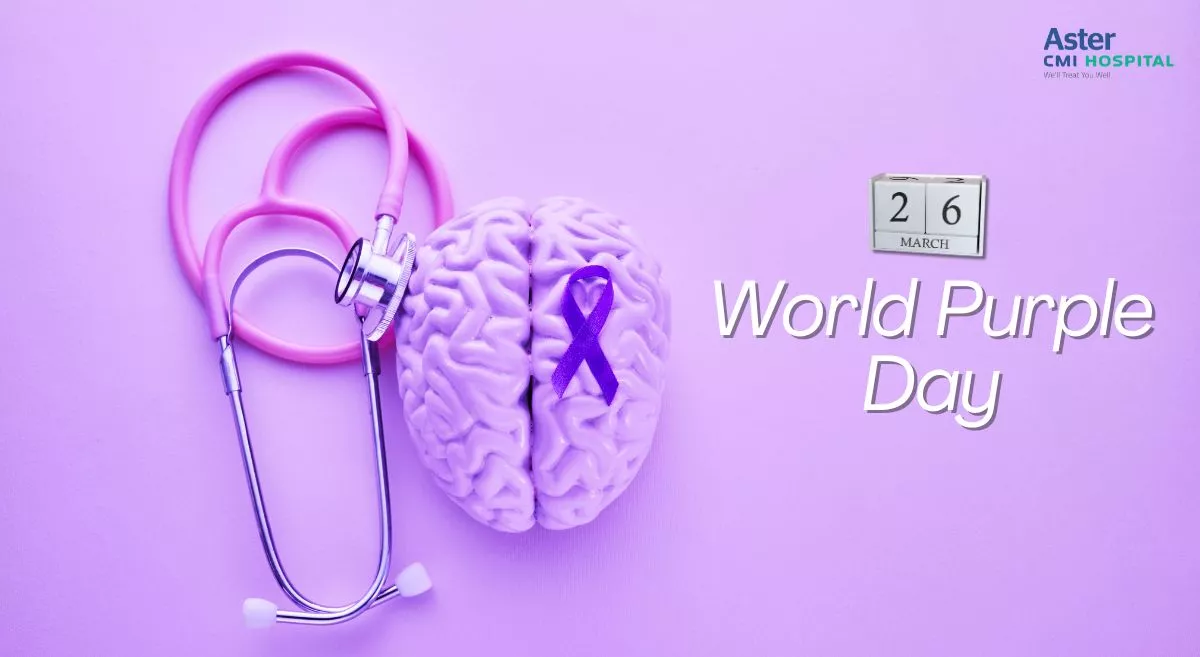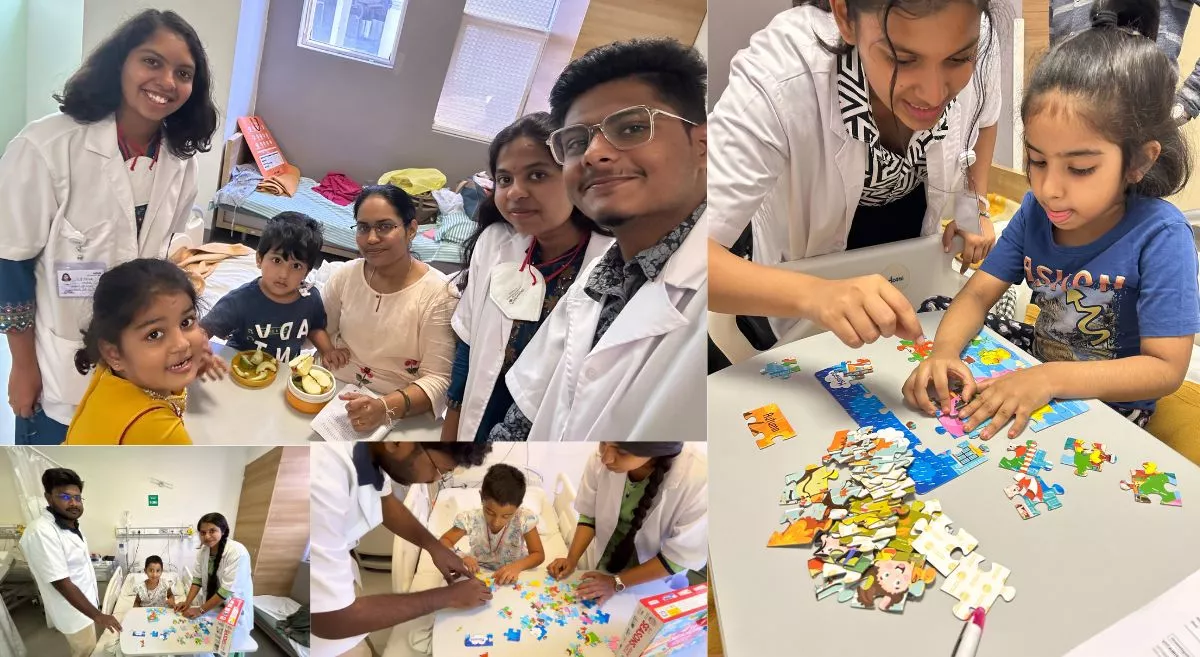Organ donation is a tremendous act of compassion that has the potential to save lives and improve the quality of life for countless people in need. The significance of organ donation education and awareness cannot be over-emphasised, as they play a critical role in repairing the disparity between organ demand and availability. We can improve the lives of those awaiting transplants by dispelling myths, addressing concerns, and fostering a culture of informed decision-making.
The Organ Donation Landscape - Bridging the Gap
The demand for organs far outnumbers the supply, with thousands of patients on waitlists for life-saving transplants. Presumptions and myths about organ donation frequently deter potential donors from donating. Resolving these myths head-on and providing accurate information can help people make informed decisions. Hearts, lungs, kidneys, and livers are among the most in high demand, and waiting lists for these organs highlight the critical need for action.
Benefits of Organ Donation - A Gift of Life and Quality
A single organ donor has the potential to save many lives. This redemptive act not only saves lives but also positively influences recipients' quality of life. Organ transplant recipients frequently experience renewed vigour and the capacity to take part in previously impossible activities. Donors who contribute to the worthy purpose of organ donation leave a legacy that will benefit others long after they are gone.
Challenges in Organ Donation Awareness - Breaking Down Barriers
The absence of public awareness and understanding continues to be a significant barrier to organ donation. Cultural and religious beliefs impact perceptions and decisions about organ donation as well. Discussing fears about medical procedures and the afterlife by offering accurate and sensitive information is critical to building trust and confidence. Initiatives centred on open dialogue and education can help address these issues.
Education Initiatives for Organ Donation - Planting the Seeds of Awareness
Integrating organ donation education into school curricula can inculcate empathy and altruism values at a young age. Partnerships among medical professionals, organisations, and educators can lead to the development of comprehensive programmes that explain the process and benefits of organ donation. Digital platforms, workshops, and seminars are effective tools for engaging diverse communities and spreading awareness.
Dispelling Myths and Overcoming Barriers - Facts Over Fiction
It is critical to debunk common myths about organ donation in order to foster a supportive environment. We can embolden donors to conquer their reservations by tackling misconceptions such as incomplete recovery or deformity. Interacting with different cultural communities entails learning about their beliefs and traditions and crafting educational efforts to their values. Building trust through transparency and empathy is essential for breaking down these barriers.
Role of Medical Practitioners in Promoting Organ Donation - Champions of Change
Medical professionals are critical players in the organ donation ecosystem. They are ideally positioned to inform patients and their families about organ donation options, as well as to dispel fears and apprehensions. Sharing organ transplant success stories and tangible outcomes can bring hope and encourage more people to become donors. Alliances with transplant centres and organisations increase the effectiveness of their advocacy efforts.
Legislative and Policy Measures - Nurturing a Culture of Giving
Regional differences in organ donation laws and regulations affect the ease of donor registration and transplantation. Advocating for policy changes is critical in encouraging organ donation and ensuring a smooth process. Legal frameworks that encourage donor registration make the process more accessible and convenient, increasing the likelihood that more people will become donors.
Finally, organ donation awareness and education initiatives hold the key to saving lives and changing people's lives. We can build a world where the gift of life is easily accessible to those in need by disproving myths, eliminating obstacles, and cooperating with medical professionals and organisations. Taking active measures towards organ donation not only benefits individuals and families but also creates an atmosphere of compassion and altruism that crosses borders. Your choice to become an organ donation advocate can truly make a difference, one that has the potential to save lives and leave a legacy of hope.
Remember that raising awareness and education about organ donation is more than just a responsibility; it's a privilege to be a participant in a cause that has the power to change lives in profound and meaningful ways. Let us all work together to create a future where every life matters and the possibility of a healthier, happier world is within reach.





